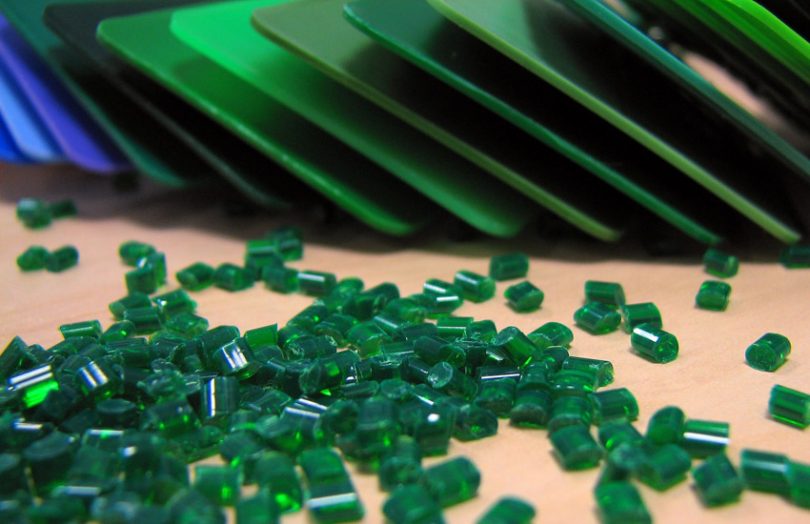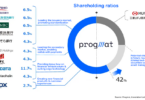Today Japanese conglomerate Marubeni announced it is working with Dutch blockchain startup Circularise to trace materials in the chemicals and plastics supply chain. The ultimate purpose is to validate sustainability. Circularise recently received a grant from the EU Horizon 2020 fund and has a track record of working big names such as Porsche.
“Circularise’s digital technology has the potential to provide visibility and enable improved decision making when it comes to sustainable raw material sourcing,” said Terumasa Watanabe, Senior Operating Officer, the Head of Plastics Business at Marubeni.
Initially, Circularise will perform demonstrations with Marubeni’s Japanese clients, and after that, the firms may consider a Japanese joint venture.
The transparency enabled by Circularise is balanced with privacy. A key aspect in supply chain traceability is the need to know data provided by your supplier’s subcontractor. And sometimes your supplier may not want you to know the identity of their providers.
Hence Circularise came up with a Smart Questioning technology to query whether a product has mercury or some other material. Where access to data is restricted, the answer might be a simple yes or no, without the need to share the names of all the subcontractors.
Data provided by Circularise’s platform includes carbon footprints, compliance with Sustainable Development Goals and certifications.
The use of blockchain is on the rise to prove the sustainability of materials. Just last week, Rio Tinto launched a solution for aluminium. In plastics, BASF has its reciChain, which also aims to improve circularity in the supply chain. The aim is to be able to trace the source of recycled materials used in recycled plastics.






